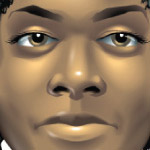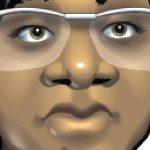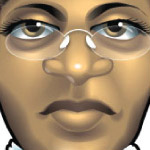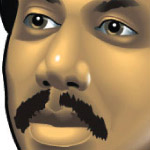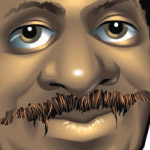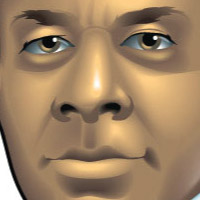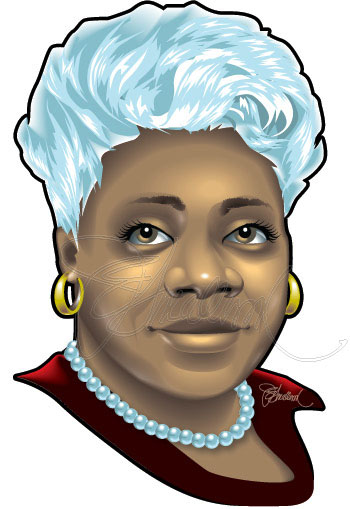
“The whole world opened to me when I learned to read, From the first, I made my learning, what little it was, useful every way I could.”
|
|
|

Mary McLeod Bethune
(1875-1955) — American Educator, Stateswoman, Philanthropist, Humanitarian, Civil Rights Activist
By Bob Hilson
As a child in the late 1800s, Mary McLeod Bethune once went with her mother to deliver laundry at a white family’s home. Inside, she picked up a book and as she scanned its pages, a white child suddenly snatched the book from Bethune, saying she didn’t know how to read.
In tears, Bethune ran from the house. But from that moment, she was determined to learn to read and write, believing the only difference between blacks and whites was the ability to understand printed words.
Bethune began to attend school, walking five miles a day to a one-room schoolhouse for black children only in her native Mayesville, South Carolina. The daughter of former slaves and the only child among 16 siblings to attend school, Bethune would come home daily and relay the day’s lessons to her brothers and sisters.
The importance of education
She carried the importance of education throughout her life. In 1904, she founded the Daytona Educational and Industrial Training School for Negro Girls in Daytona Beach, Fla. The school began with only five students, but the enrollment steadily grew, as did the school’s physical size to eventually include a farm, high school and nursing school. In 1911, she established a hospital at the school after her students were denied treatment at a nearby whites-only hospital.
In 1929, the school merged with the all-male Cookman Institute to become Bethune-Cookman College and was fully accredited in 1943. Bethune served as the school’s president from 1923 to 1942, and again from 1946 to 1947.
While Bethune believed that education was the key to racial advancement, she was also an ardent fighter civil rights, both for women and African Americans. Her efforts to attain equal rights
for all people earned her the nickname “First Lady of the Struggle.”
While serving in numerous organizations, Bethune befriended and developed close ties to three U.S. presidents. Calvin Coolidge invited her to attend the Child Welfare Conference in 1928, and in 1930, Herbert Hoover appointed her to the White House Conference on Child Health.
But she had the closest relationship with Franklin D. Roosevelt and his wife, Eleanor. The bond was so close, Bethune was given easy access to the White House.
During the Roosevelt administration, Bethune was given the informal title of “race leader at large” and was one of the most influential people on Roosevelt’s “Black Cabinet.”
Bethune died in 1955 at age 79. In 1974, she became the first black leader and the only woman to have a monument erected on public park land in Washington, D.C.
|
